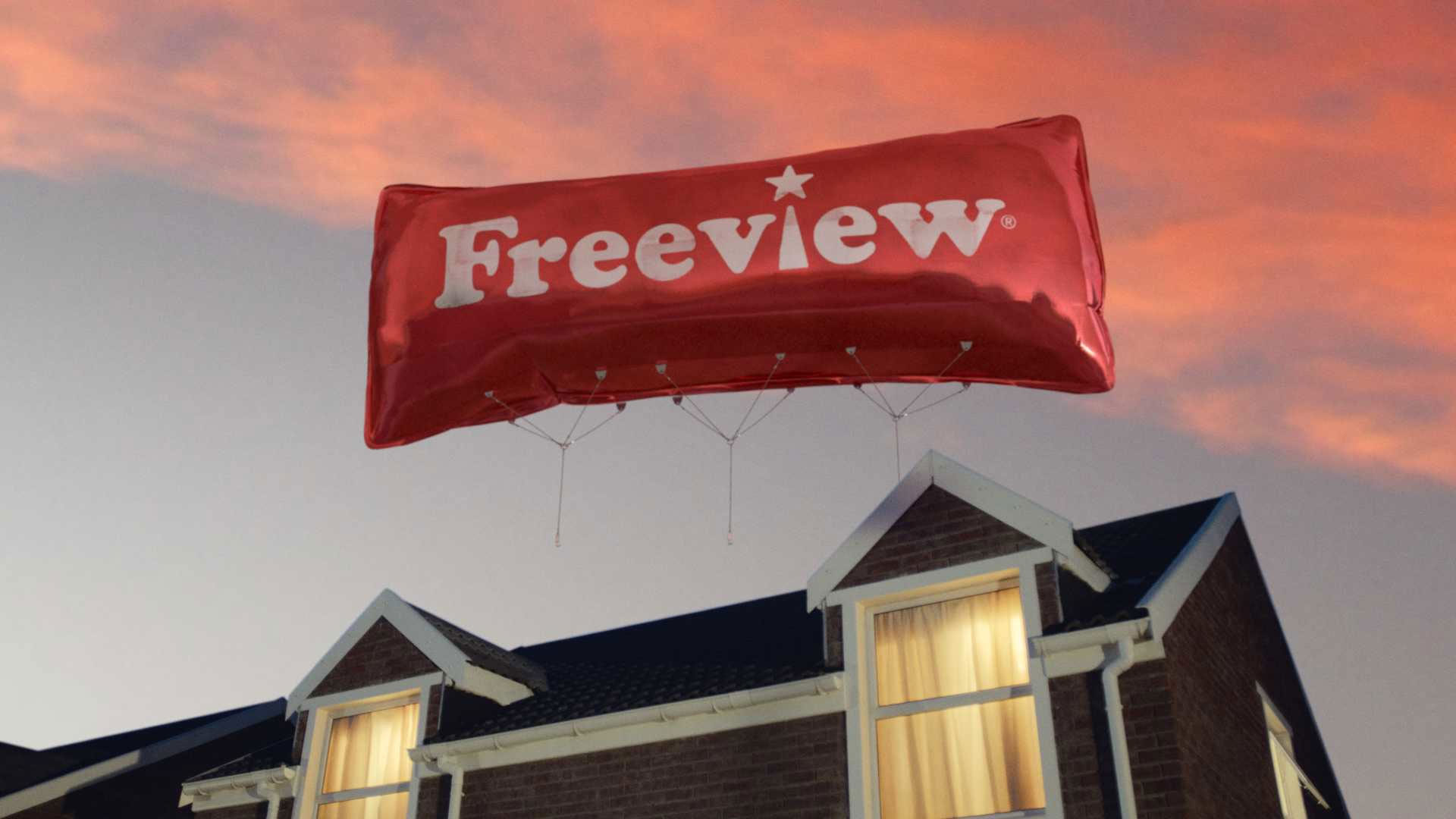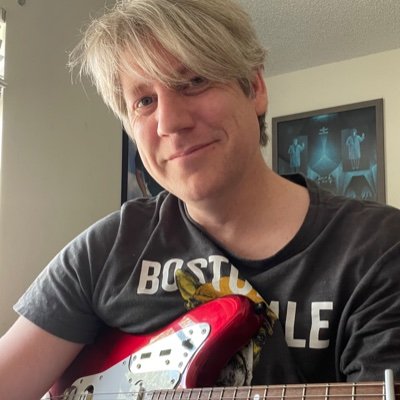Group begins work on limiting 4G's impact on Freeview signal
900,000 households expected to experience disruption

An organisation set up to assist homes with the likely disruption to Freeview television signals after the roll-out of the UK's 4G LTE network, has gone public.
The at800 group, as it has been called, received £180m from the nation's major mobile networks when it became apparent that up to 900,000 homes in the UK would experience disruption to their viewing.
The name of the group derives from the 800MHz radio frequency at which 4G LTE connectivity will continue to take over as the year rolls on, now the results of the recent Ofcom spectrum auction have been determined.
Interference is expected in some areas as that frequency operates in close proximity to Freeview.
Hoping for the best
The at800 group will begin limited trials in the UK next week, by temporarily switching on 4G masts in temporarily activating 4G masts in Cradley Heath and Rowley Regis in the West Midlands and asking residents for feedback.
Simon Beresford-Wylie, at800 chief executive: "We are hoping for the best and planning for the worst."
Affected viewers will receive a free signal boosting filter to solve the problem while those homes and individuals deemed "vulnerable" will have their filter fitted by an engineer - all paid for out of the £180m.
Get daily insight, inspiration and deals in your inbox
Sign up for breaking news, reviews, opinion, top tech deals, and more.
Via BBC
A technology journalist, writer and videographer of many magazines and websites including T3, Gadget Magazine and TechRadar.com. He specializes in applications for smartphones, tablets and handheld devices, with bylines also at The Guardian, WIRED, Trusted Reviews and Wareable. Chris is also the podcast host for The Liverpool Way. As well as tech and football, Chris is a pop-punk fan and enjoys the art of wrasslin'.
